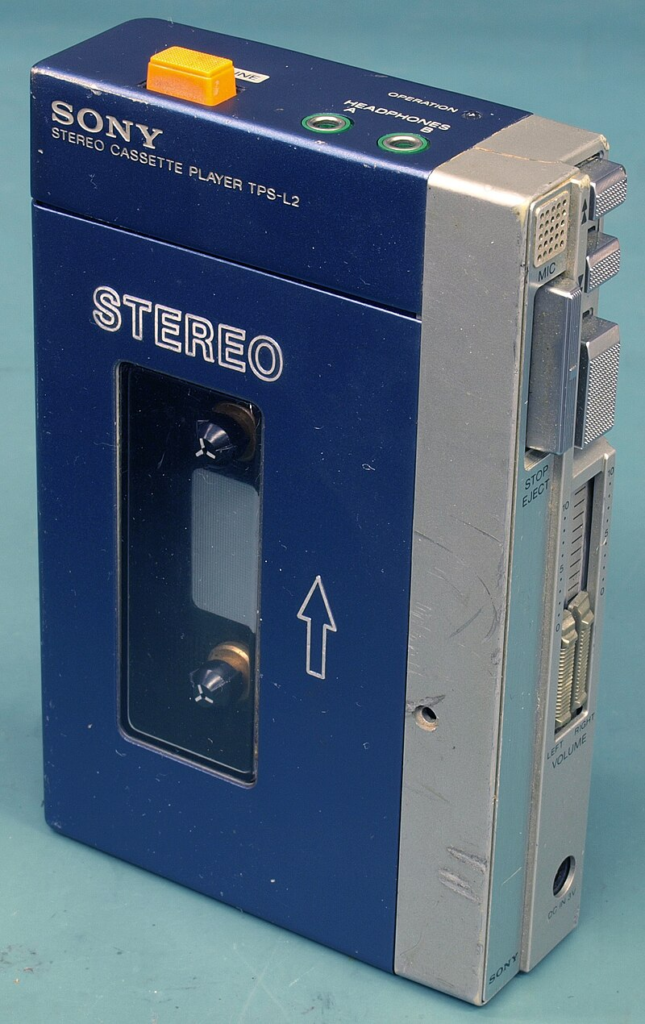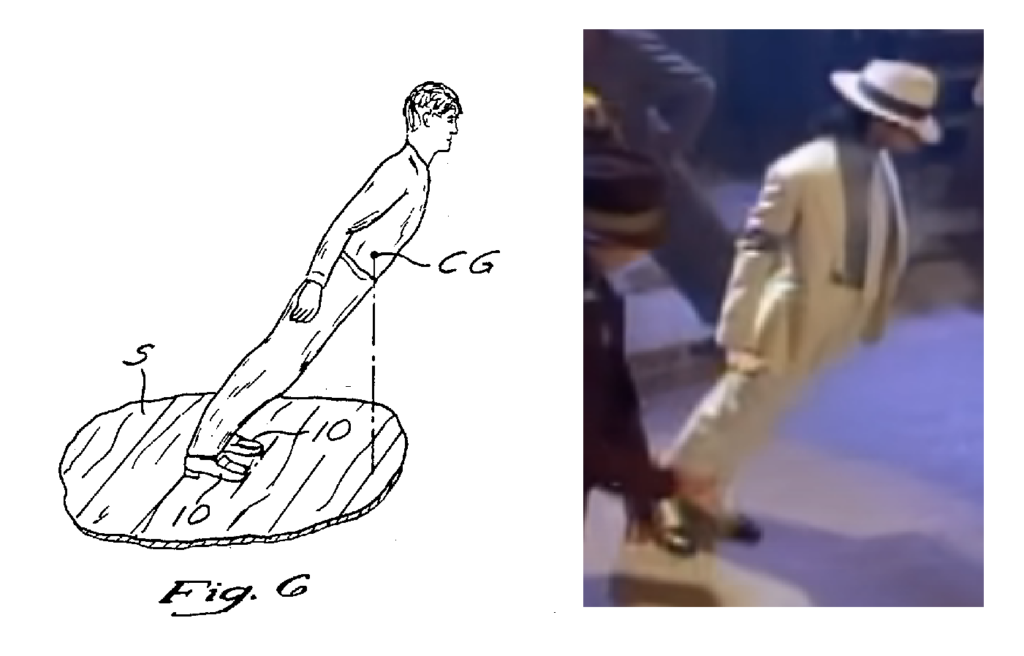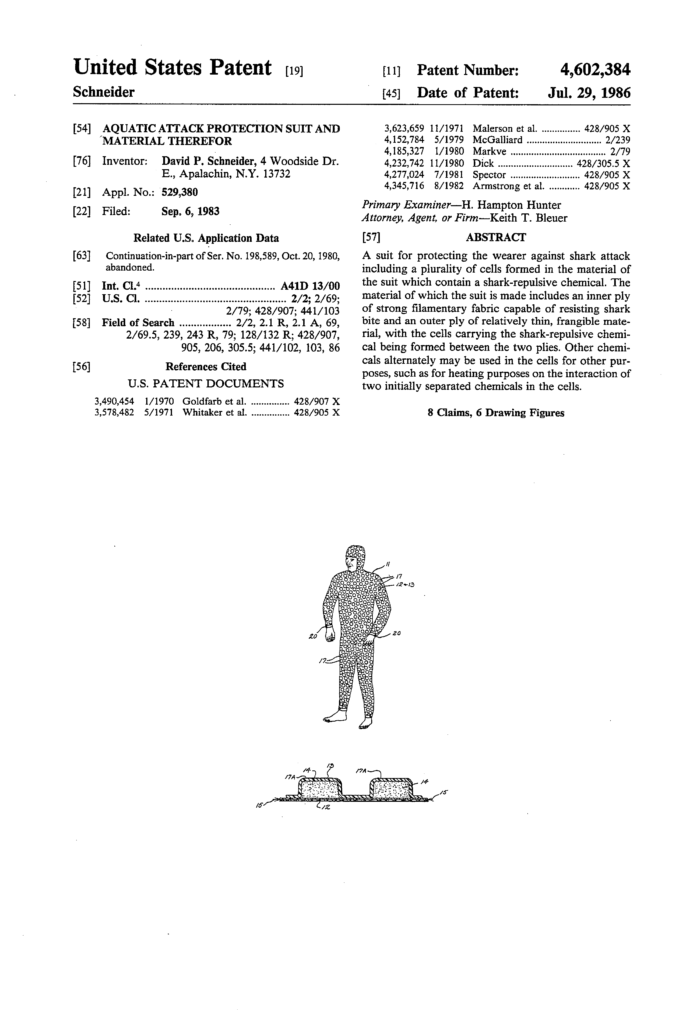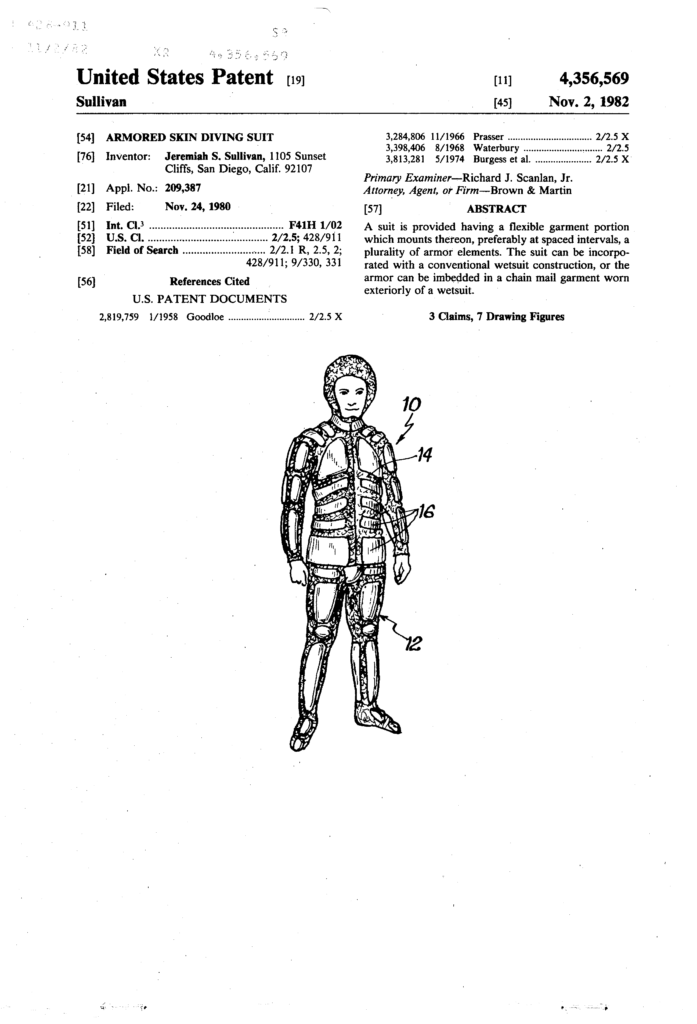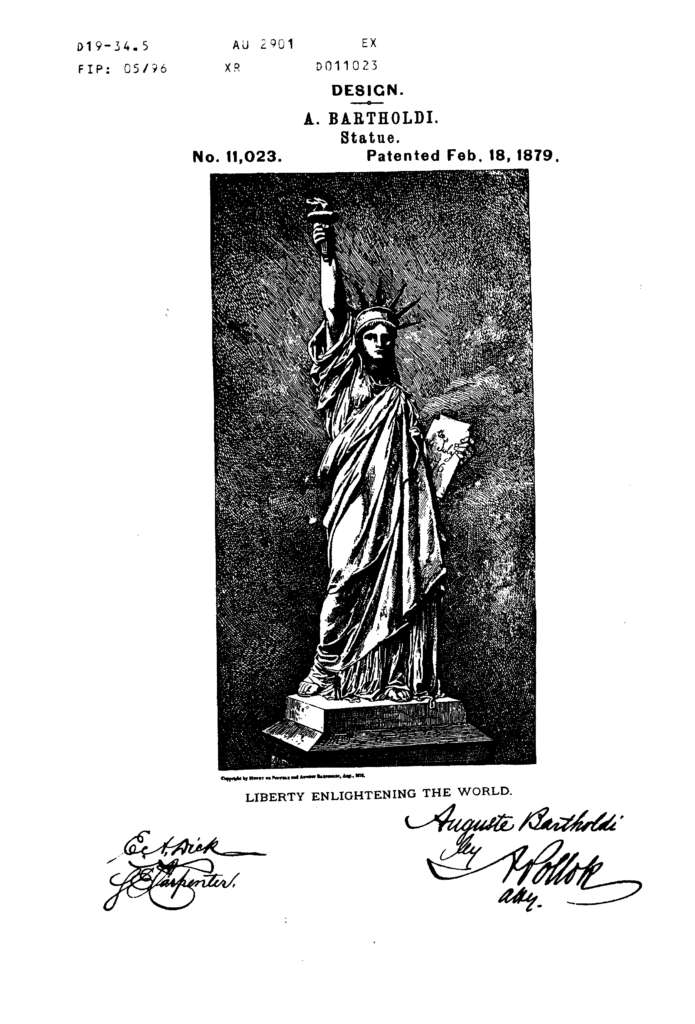In Insulet Corp. v. Eoflow, Co, Ltd., [2024-1137] (June 17, 2024), the Federal Circuit reversed a preliminary injunction against manufacturing, marketing, or selling any
product that was designed, developed, or manufactured, in whole or in part, using or relying on alleged trade secrets of Insulet.
Insulet and EOFlow are medical device manufacturers that make insulin pump patches. Insulet began developing the wearable insulin pump OmniPod® in the early 2000s. The FDA approved the first OmniPod product in 2005, and a next-generation product, the OPI-2, came onto the market soon thereafter in 2007. Insulet then began work on its next-generation Eros product, which obtained FDA approval in 2012 and commercially launched in 2013.
EOFlow began developing its own flagship product, an insulin pump patch called the EOPatch®, soon after the company’s founding in 2011. The EOPatch received regulatory approval in South Korea in 2017, after which EOFlow began developing its next-generation
EOPatch 2. Around that time, four former Insulet employees joined EOFlow. In 2019 and 2022, respectively, the EOFlow 2 received regulatory approval in South Korea and
Europe, after which it began commercial distribution in those select geographic markets.
After reports surfaced that Medtronic had started a diligence process to acquire EOFlow. Insulet sued EOFlow for violations of the Defend Trade Secrets Act. (“DTSA”), seeking to enjoin all technical communications between EOFlow and Medtronic in view of its trade secrets claims. The district court temporarily restrained EOFlow from “disclosing products or manufacturing technical information related to the EOPatch or Omni[P]od products,” and then granted Insulet’s request for a preliminary injunction.
The Federal Circuit began by noting that trade secrets are an important form of intellectual property that both Congress and the states have deemed worthy of protection. The Founders also recognized the value, as well as the volatility, of an idea kept as a secret. However in evaluating Insulet’s likelihood of confusion, the Federal Circuit noted that the court did not assess the statute of limitations in the context of evaluating Insulet’s likelihood
of success on the merits, the court thus ignored a material factor deserving significant weight, which constitutes an abuse of discretion. If the three-year statute of limitations for filing a DTSA claim had expired, Insulet’s claims would be timebarred and therefore would have no chance of success.
Further, even if the district court had adequately dealt with the statute of limitations issue, that would have been insufficient to support the October 24, 2023 order. As EOFlow further contends, the district court also abused its discretion in its consideration of what constitutes a trade secret. The Federal Circuit quoted the definition of trade secret in the DTSA, and noted that the definition used in the district court’s order was severely overbroad, including “any and all Confidential Information of Insulet” and “any information that contains, derives from, or incorporates such Confidential Information.”
The Federal Circuit also disagreed with the district court’s assessment that “it would be unfair to require at this stage perfection as to the precise number and contours of the trade secrets at issue.”
In order to secure a preliminary injunction, Insulet had to establish the likelihood of its success on the merits for at least one, specifically defined, trade secret. It did not do so. Rather, it advanced a hazy grouping of information that the court did not probe with particularity to determine what, if anything, was deserving of trade secret protection.
Finding that Insulet took measures to protect some unidentified “set of information” is not the same as finding that Insulet took reasonable measures to protect specific information alleged to be a trade secret, such as particular “design drawings and specifications for each physical component and subassembly,” as the DTSA requires.
The Federal Circuit found that because the district court failed to identify any trade secret with sufficient particularity, its analysis of misappropriation necessarily also fails as well.
The Federal Circuit concluded that in view of the failure to address the statute of limitations,
the lack of a tailored analysis as to what specific information actually constituted a trade secret, as well as the finding that it was “hard to tell” what subset of that information
was likely to have been misappropriated by EOFlow, we find that the district court abused its discretion in granting the preliminary injunction.
The Federal Circuit also agreed with EOFlow that the district court’s analysis of irreparable harm and public interest were flawed. The Federal Circuit made a point of stating that it was not deciding that Insulet has failed to adequately allege misappropriation of trade secrets or that it cannot succeed on the merits of its claims, only that Insulet has not proven it was entitled to a preliminary injunction.


